Article Topics
Introduction
Many people believe that depression is caused by a chemical imbalance in the brain. While this may be true, it isn’t the only reason why people develop depression and other mental illnesses. Our bodies have trillions of bacteria living in them called “microbiome,” which play an essential role in our health and well-being. A healthy gut microbiome is important for mental health because it influences neurotransmitters in our brains and immune system, hormones, and inflammation throughout the body. One way that probiotics can help alleviate symptoms of depression is by influencing neurotransmitters like serotonin, dopamine, norepinephrine (noradrenaline), and GABA (gamma-aminobutyric acid).
Probiotics
Probiotics are bacteria that have health benefits when consumed. They can help with digestion, boost your immune system and even improve mood. The National Institute of Mental Health estimates that about one in five adults in the U.S. suffer from depression at any given time.
Probiotic foods include yogurt (not all yogurts are probiotic), kefir (an ancient fermented milk drink), kombucha tea (a fermented sweetened black or green tea) and sauerkraut (fermented cabbage). It’s important to note that not all products labeled “probiotic” actually contain live cultures; make sure to read labels carefully before purchasing a product claiming probiotic benefits.
A healthy gut is important for mental health.
The gut is considered to be the brain’s second brain, and there’s a growing body of research that supports this idea. The gut-brain axis refers to the relationship between the gastrointestinal tract and central nervous system–and how they communicate with each other.
In addition to having an impact on depression symptoms such as anxiety or stress levels (which we’ll discuss below), these relationships may also explain why you feel better after eating certain foods like chocolate or bread crusts–and why eating too much sugar can make us cranky.
Gut bacteria
Gut bacteria can influence mental health by affecting how our brains function, hormones, and immune system. It can also affect the brain by regulating neurotransmitters such as serotonin, dopamine, and GABA (gamma-aminobutyric acid). Serotonin has been linked to depression in humans and mice. Dopamine is associated with motivation and reward-seeking behavior; low levels of dopamine have been linked to depression in humans and animals. GABA has also been shown to decrease anxiety in some people when taken as supplementation or through diet changes that increase GABA production (such as reducing intake of refined carbohydrates).
Depression
Depression is a serious mental illness that affects nearly 10% of the population worldwide and growing, making it one of the most common mental disorders. Depression can cause a person to feel sad, hopeless, angry or anxious and interfere with daily life.
Depression can affect anyone at any age and in any country. The risk factors for depression include genetics (your genes), environment (your surroundings), gender and lifestyle factors such as diet, exercise and sleep habits.
Depression is often treated with antidepressants
Antidepressants are among the most commonly prescribed medications and are often used to treat depression. They work by increasing the amount of serotonin in your brain, which helps you feel less sad and more energized.
However, it can take weeks before you experience any improvement from antidepressants like SSRIs (selective serotonin reuptake inhibitors). And while these drugs may be effective for some people with depression, they can cause side effects such as nausea, weight gain and insomnia and gut issues to name a few.
Probiotics and depression
Probiotics may help alleviate symptoms of depression by influencing neurotransmitters in the brain, calming inflammation in the gut, and activating neural pathways between the gut and brain.
Probiotics are live bacteria that are good for your health. They can be found in foods like yogurt or kefir, as well as supplements that you take by mouth (such as pills). Probiotics help keep your microbiome balanced–the collection of microorganisms living inside you that impact how you feel physically and mentally.
In addition to improving digestion and nutrient absorption, research suggests probiotics can change how we think: they have been shown to influence hormones related to mood; boost levels of serotonin (a neurotransmitter linked with feelings of well-being); reduce inflammation; improve autoimmune disorders like arthritis or psoriasis; reduce anxiety; improve sleep quality.
Studies: Probiotics and Symptoms of Depression
There have been many studies showing that probiotics can help relieve symptoms of depression. In one study, people with major depressive disorder were given a combination of Lactobacillus rhamnosus and Bifidobacterium longum for four weeks. After the treatment period, they had significantly lower scores on their Hamilton Depression Rating Scale compared to those who took a placebo pill (1).
Another study found that women who ate yogurt containing probiotic bacteria experienced less anxiety than those who didn’t eat any yogurt (2). And yet another study showed that children who drank milk containing Lactobacillus casei Shirota experienced less separation anxiety when separated from their parents (3).
In addition to these findings, there are also studies showing that probiotics can help treat other psychiatric conditions such as post-traumatic stress disorder (PTSD), obsessive compulsive disorder (OCD) and eating disorders such as bulimia nervosa or anorexia nervosa.
In one study, participants were given either 4 grams of Lactobacillus gasseri BGN4 or a placebo for 15 days. Those who took Lactobacillus reported lower levels of anxiety compared to those who took the placebo.
Lactobacillus gasseri BGN4 is a probiotic strain that has been shown to reduce anxiety in individuals. In one study, participants were given either 4 grams of Lactobacillus gasseri BGN4 or a placebo for 15 days. Those who took Lactobacillus reported lower levels of anxiety compared to those who took the placebo.
The study was conducted in India and published in the journal of medical microbiology (1).
In another study, patients with major depressive disorder were given either probiotic supplements or a sugar pill every day for eight weeks while undergoing psychotherapy treatment. Those who received probiotic supplements had fewer symptoms than those who received no supplements (but were also on medication).
In addition to affecting neurotransmitters in the brain, probiotics may help alleviate symptoms of depression by influencing inflammation in the gut and activating neural pathways between the gut and brain.
Here are some Safe and Tested Probiotic Products:
Use Promo Code UPG for 20% discount
More information on ProTren Probiotics
Conclusion
Probiotics may be a safe and effective way to help alleviate symptoms of depression. They can also be used in conjunction with other treatments, such as antidepressants or psychotherapy. If you are interested in trying probiotics for yourself, speak with your doctor first before starting any new regimen or contact us for further information.

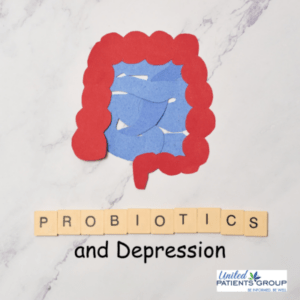
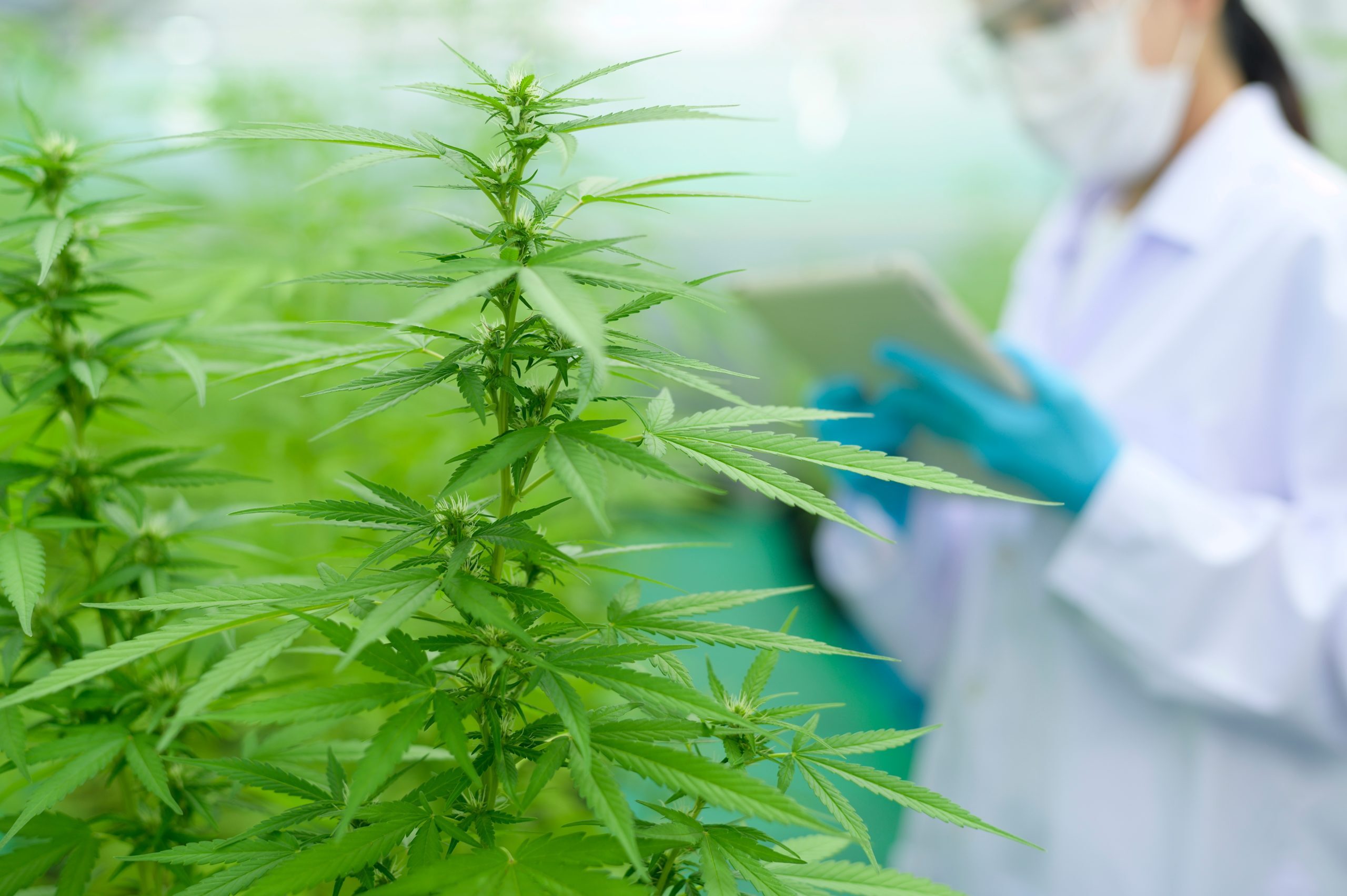

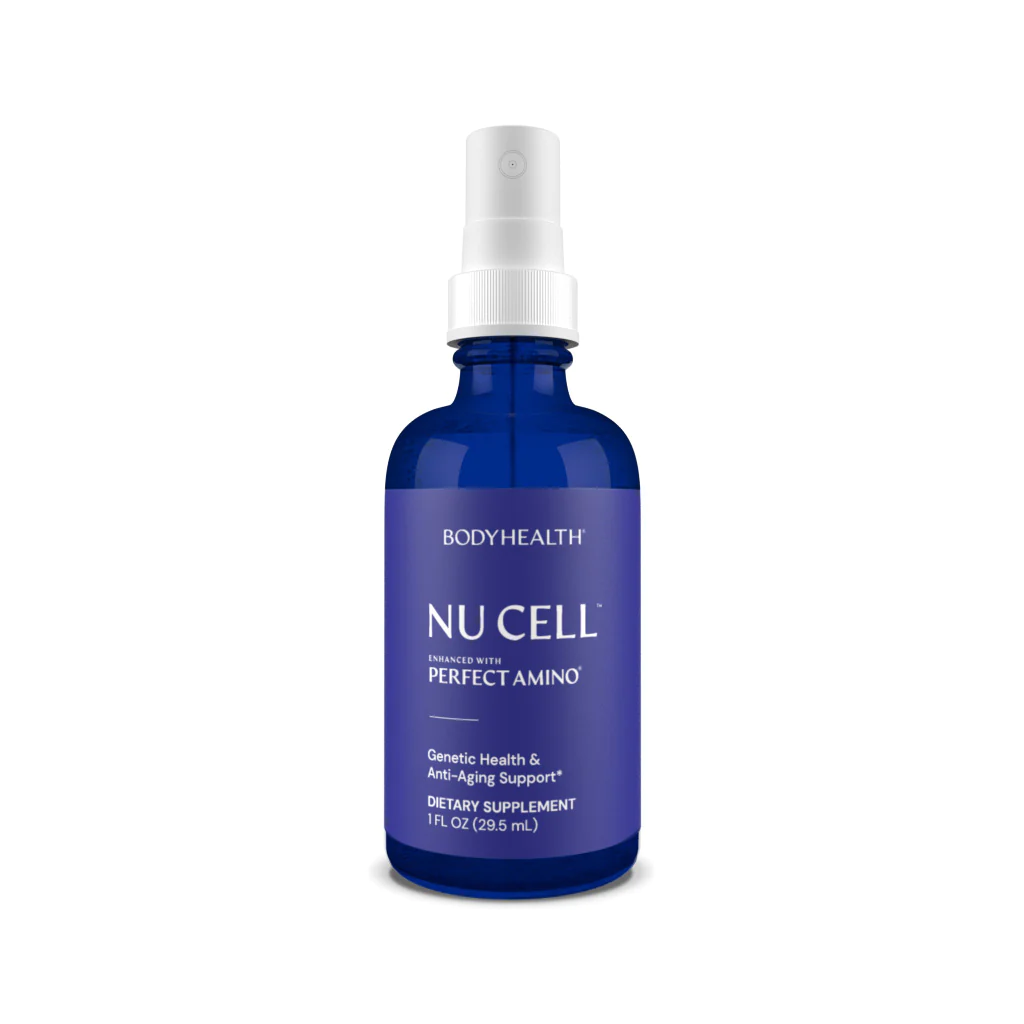
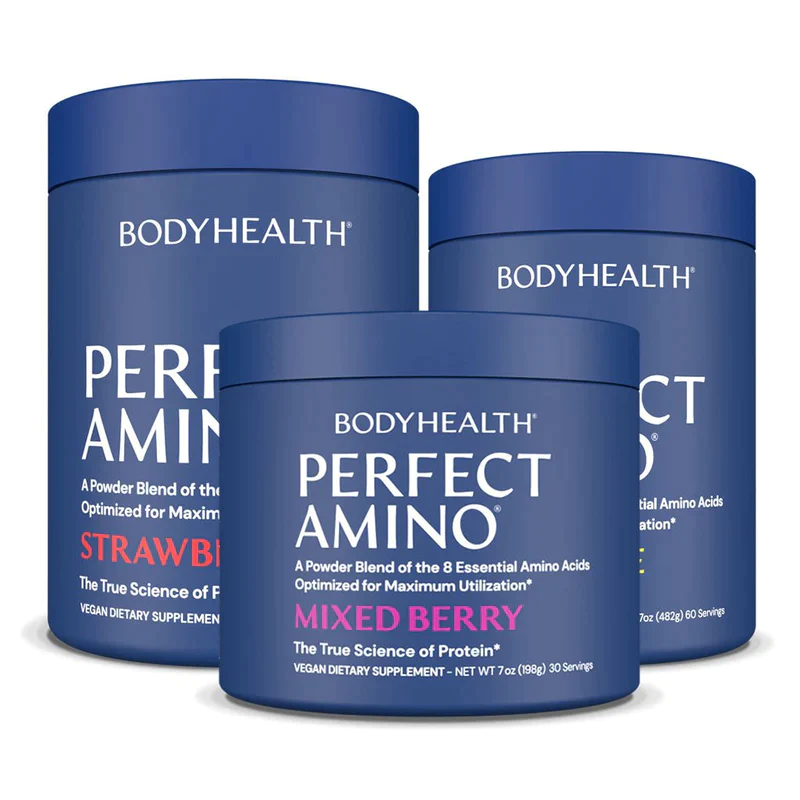
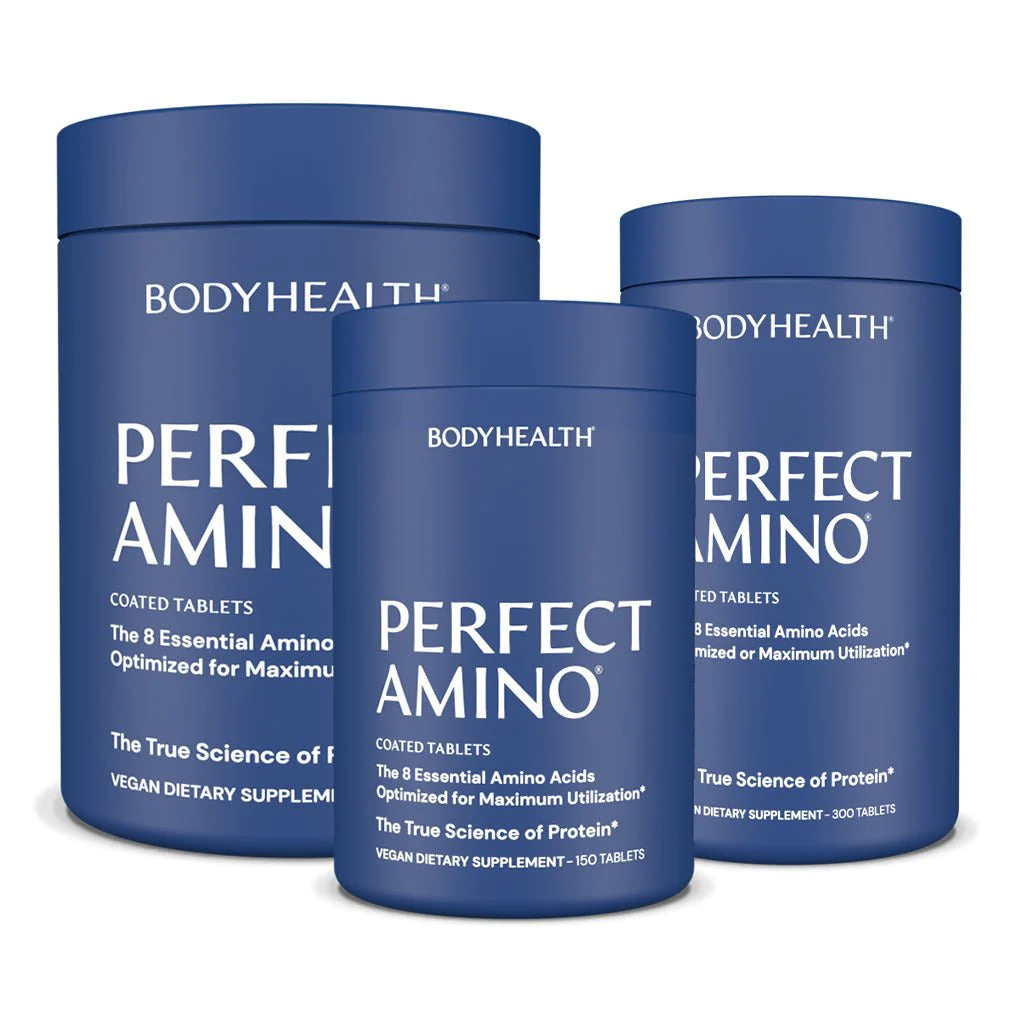
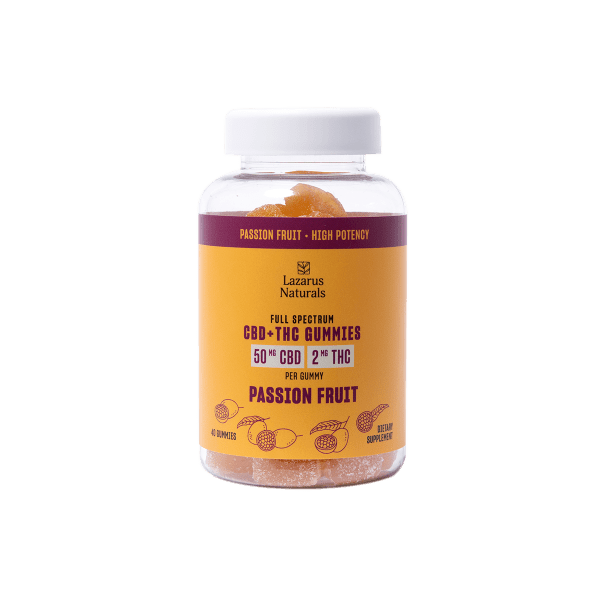
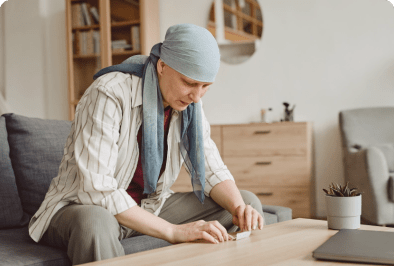

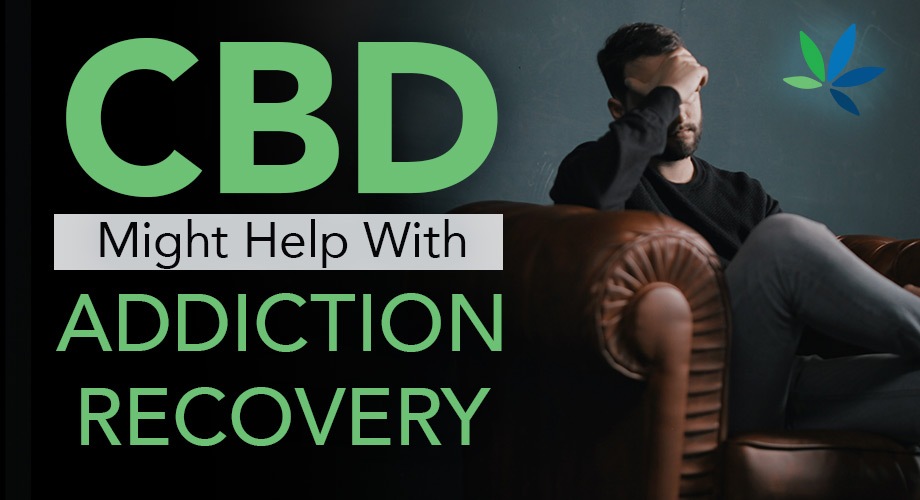

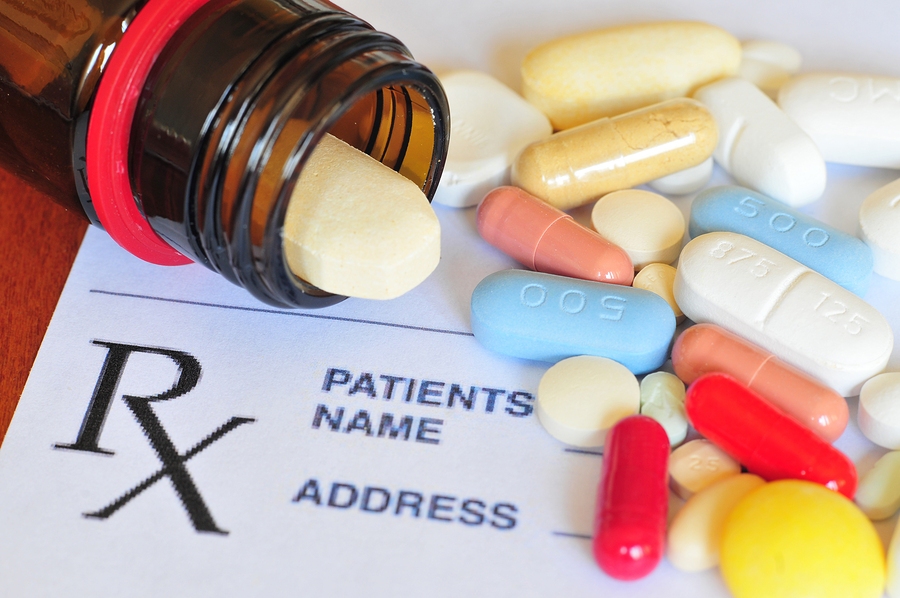


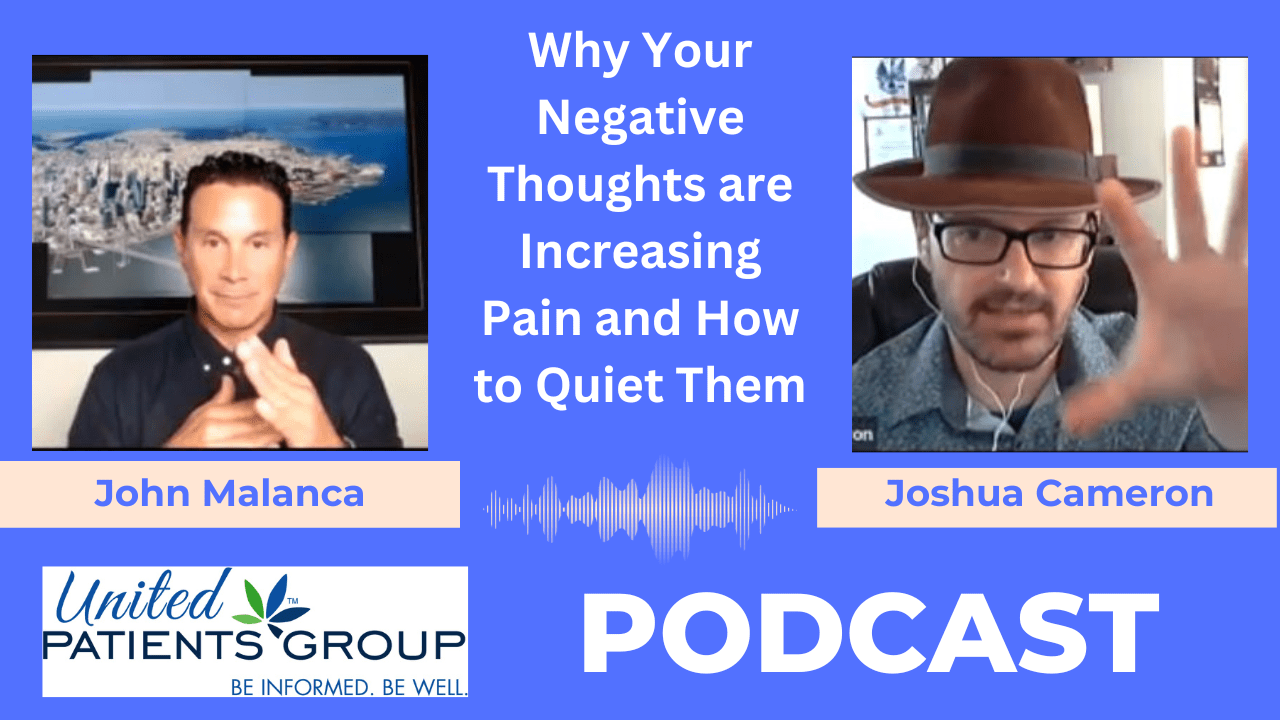
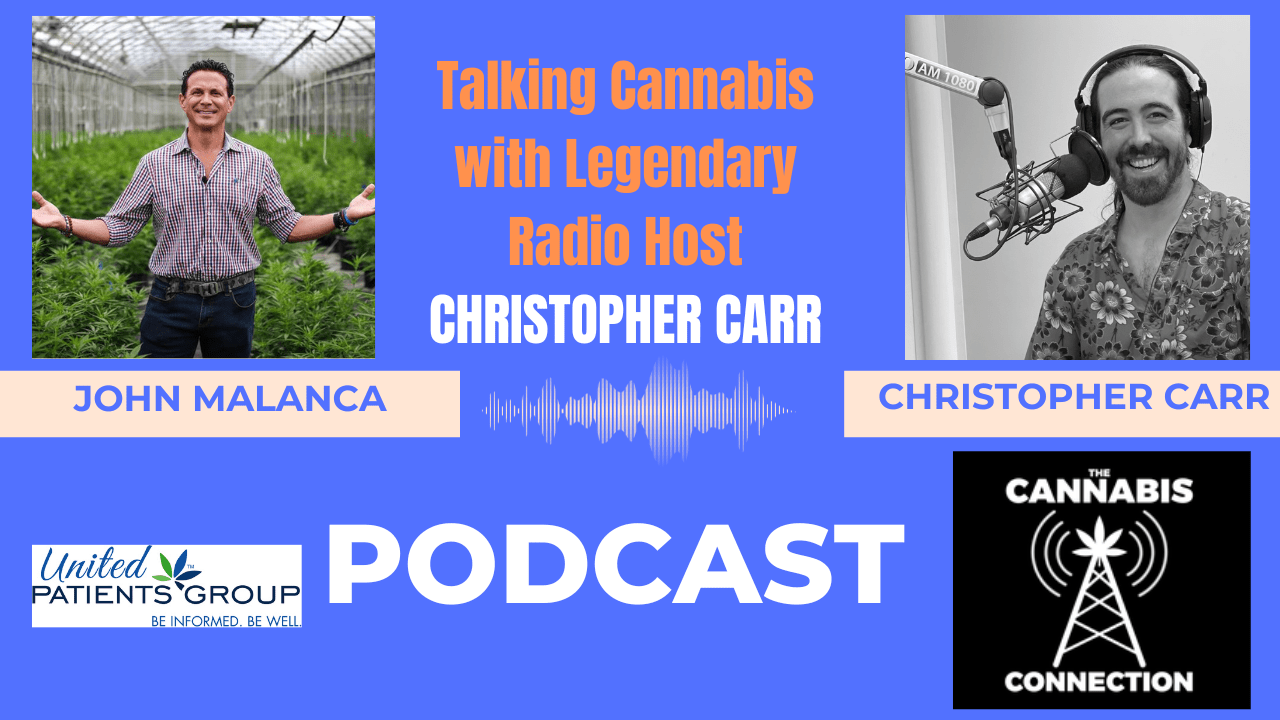
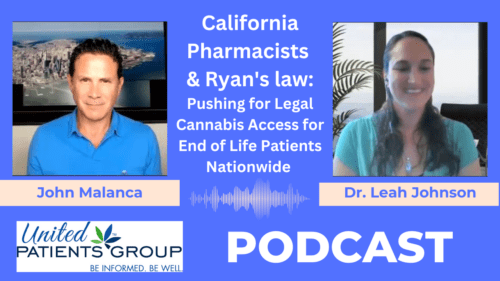

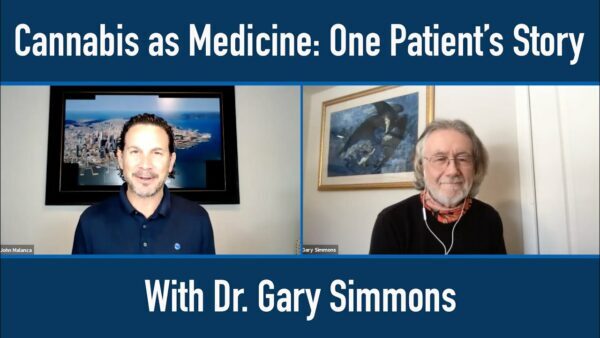
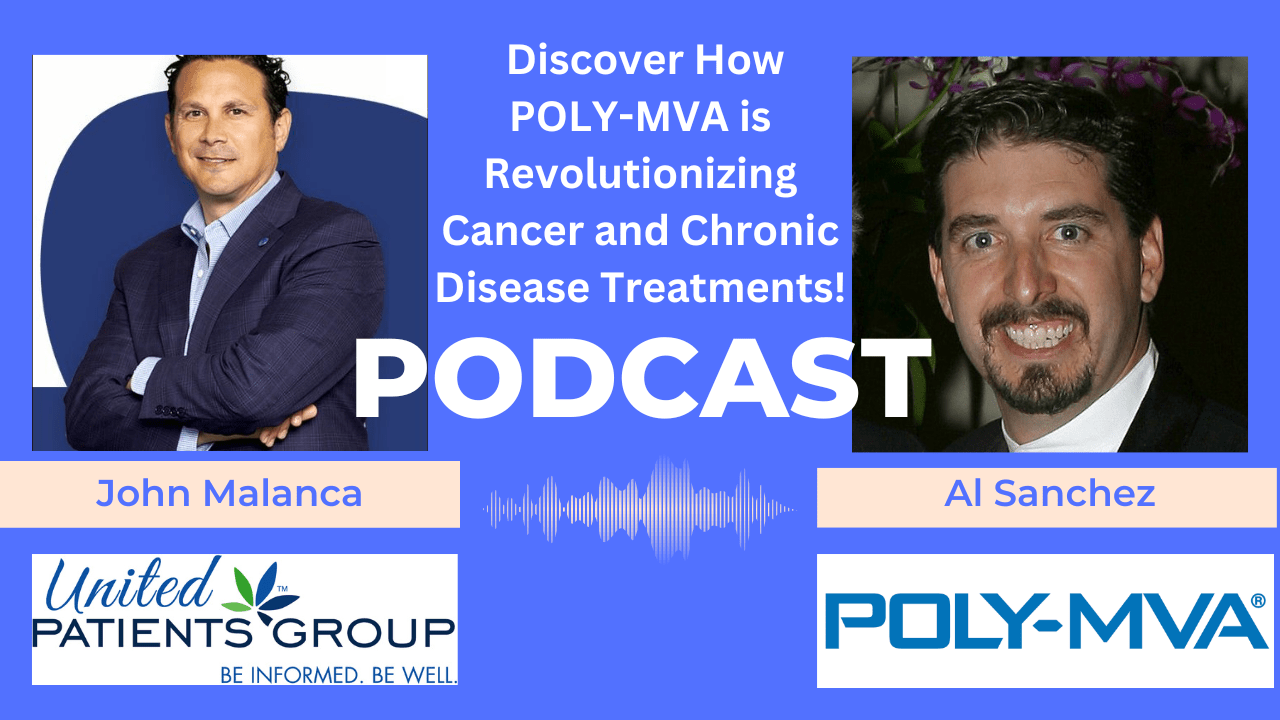


















Leave a Reply Cancel reply